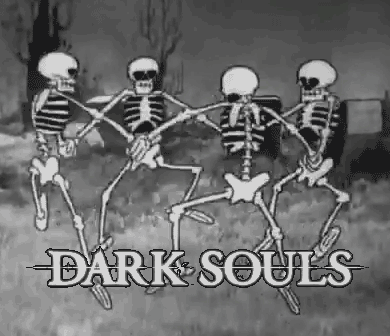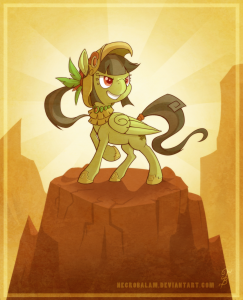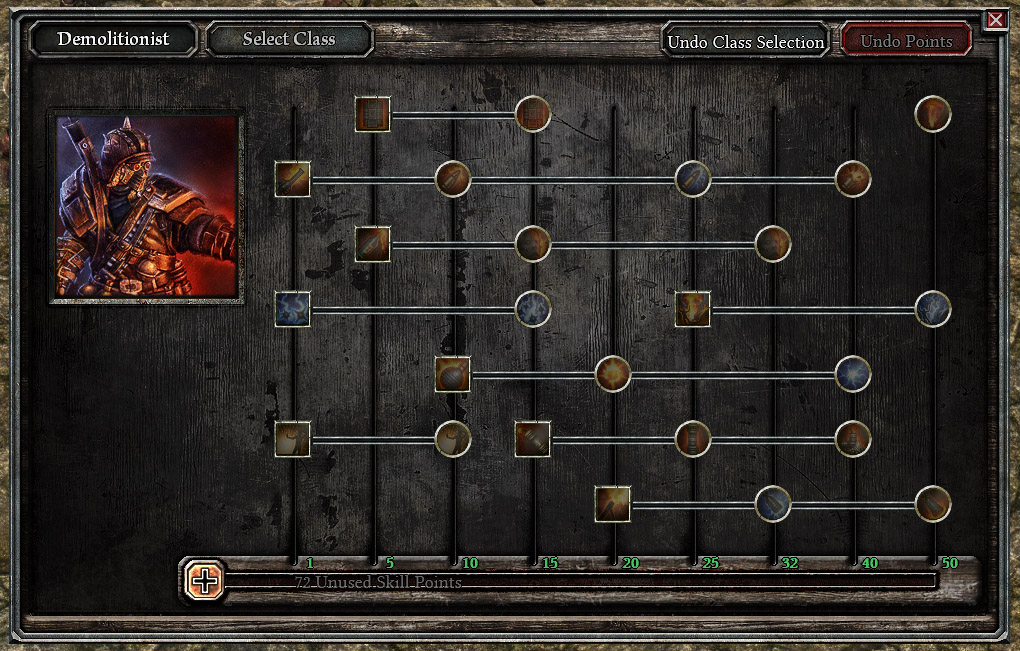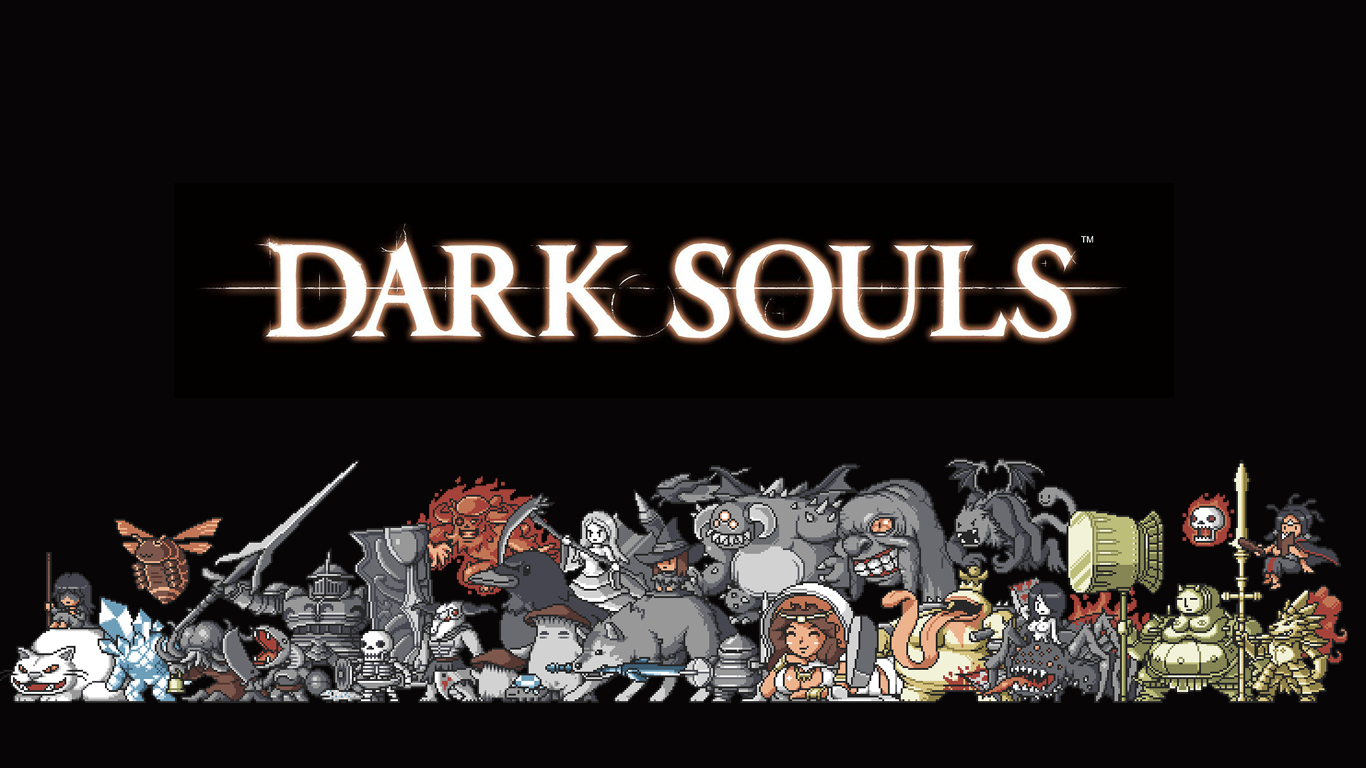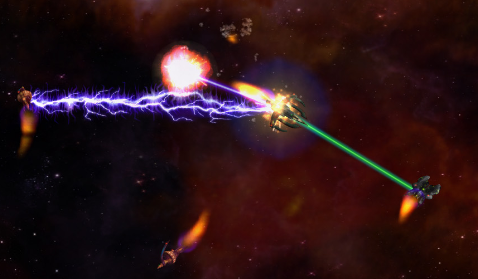I, too, am now making a triumphant return to blogging. As Caesar once crushed Vercingetorix and rode through the great boulevards of Rome, the Votive Games beginning, his conquest of Gaul complete, so I crushed sheer bone idleness and ride through the great cables of the Internet, the Video Games beginning. And I would like to get started by talking to you about the recently released Assassin’s Creed IV: Black Flag.
Assassin’s Creed, or AssCreed as it’s affectionately called, is a series with a rather interesting history. Back before the first game came out it was quite a curious beast – a game where you play as a member of the Hashshashin order at the time of the Third Crusade, where the Christians have invaded the Holy Land and the Kingdom of Jerusalem exists. This setting comes up now and then in strategy games (Crusader Kings 2 being the obvious example) but an action-adventure game? Much rarer. Also of interest was the fact that the game apparently had a lot of weird futuristic stuff going on. That conceit was well handled by their marketing department because in actuality the framing device of the Animus is revealed in the first few minutes of play.
The game itself was interesting and generally enjoyable but not quite as good as it could have been. Enter AssCreed 2, with the now famous Ezio as the lead. The Ezio Trilogy, including the Revolutions and Brotherhood games, took everything good about I and polished it while taking everything bad and removing or overhauling it. Renaissance Italy is similarly far from a commonplace setting for a videogame of any stripe, let alone an action-adventure game. The step from AC I to II is perhaps one of the seminal examples of how to make a worthwhile sequel that meaningfully improves upon the original. And the same is now true of the step from AC III to IV.
Well… baby steps.
See, the thing with III was this: It was a shiny new engine that allowed all kinds of neat new acrobatics. It included hunting and crafting and the exploration of the American frontier around the time of the Revolutionary War. A fascinating setting and, although perhaps a touch less unusual than the previous ones, still very far from a boring well-worn setting. On the other hand it felt like something of a regression in many ways. The exploration wasn’t tremendously interesting and the story failed to engage. The protagonist Ratonhnhaké:ton, or Connor seemed a promising character but soon felt too cliched and too typically “videogame lead”, a brooding sort without a sense of humor. In comparison to Haytham Kenway, Connor’s father and the protagonist of the opening chapters of the game, Connor felt uninteresting and uninspired. Kenway, by contrast, wasn’t exactly a beacon of joviality but he was an extremely refined and strong man who projected the utmost confidence and direction. This is not to say that III was a bad game – it was a decent one and I didn’t regret the money or time I spent on it. Nonetheless it lost something that Ezio’s adventures possessed and felt consistently like something was missing.
That something is back with a vengeance. AC IV sees you in the role of Edward Kenway, father of Haytham and grandfather of Connor, and a man of low character who plunders the High Seas of the West Indies. His only real motivation is money and it is deeply enjoyable to see him brush off all this nonsense of Assassins and Templars because he gives no shits, he just wants dosh. I admire that sort of single-mindedness and after Connor’s extreme seriousness it’s quite refreshing to play as someone who barely comprehends morality, let alone cares about it.
But as important as I’ve come to feel a good protagonist is for this series – the lighthearted Ezio, the amoral Edward Kenway, the serious but extremely driven Haytham all outstrip the pride of Altair and the anger of Connor by miles – the game itself has seen meaningful changes. As befits the protagonist the game takes place in the West Indies during the Golden Age of Piracy, in the aftermath of the War of the Spanish Succession. A whole lot of sailors were left with not much to do when the war ended and a good number of them turned to piracy to get by. So although a large part of the game revolves around the typical AC play of clambering up walls, hopping from rooftop to rooftop, and stabbing dudes in the back/front/face/neck/spine/kidney/liver/stomach/guts/eyes, a huge part of the game also revolves around sailing the seas aboard your ship, the Jackdaw, and getting into a variety of japes with her crew. Most fun of all is fighting naval battles, as you can use a good number of weapons to cripple an enemy ship and then draw alongside her to board her and fight the crew. Upon their defeat you seize her cargo and, well, off you go for more piracy. Now, to be clear, the general sailing and naval battle stuff existed in III and was widely praised as perhaps the game’s strongest element, but it’s still a pleasant surprise to see a late addition to a series be integrated so expertly and given the care it needs. There are gameplay reasons to commit piracy, sure, but I’ve fought a whole lot of Spanish ships just because it’s fun to do rather that for booty and I think that is the mark of a damn sound piece of game design and implementation.
As this article’s title suggests I can feel something of a parallel between this game’s naval aspect and Sid Meier’s Pirates!, which is one of the few games out there to have the same general setting and theme. Obviously they’re rather different games but AC IV definitely feels, to me, like something of a successor to that game – one with a different emphasis and different flavor, true, but still a game which captures what was fun about its spiritual predecessor. Roaming the Spanish Main, singing sea shanties (good luck not singing along IRL when your crew starts bellowing something out!), seeking plunder, and upgrading your ship; although there’s a lot of differences there’s a thread of the same feeling from Pirates! to AC IV and it’s an unexpected and very welcome thing. Combined with the refinements to the on-foot parts of the game and the fact that just running around collecting things is a huge amount of fun, we’re looking at a pretty solid title right here.
Plus, oh my god, forget what I said about Connor that one time – Edward Kenway is the sexiest man in videogames.

